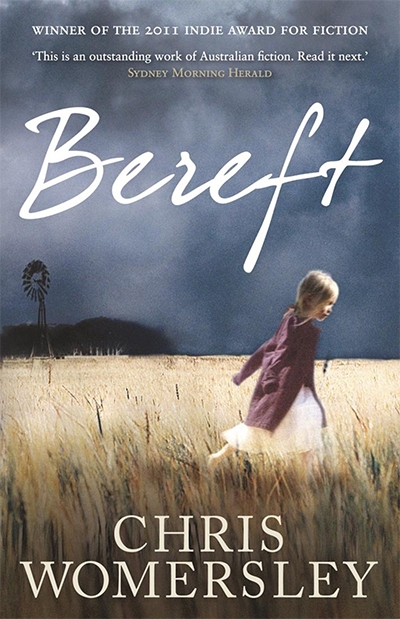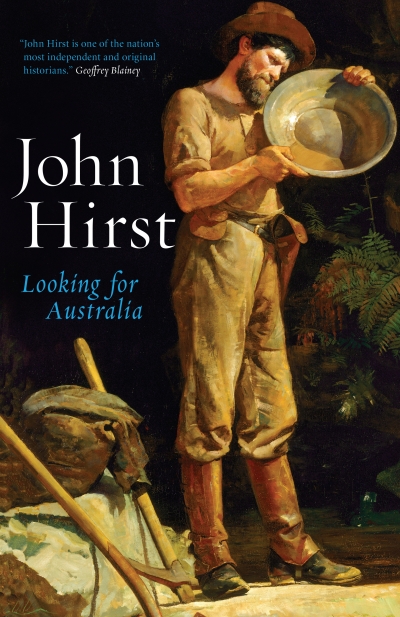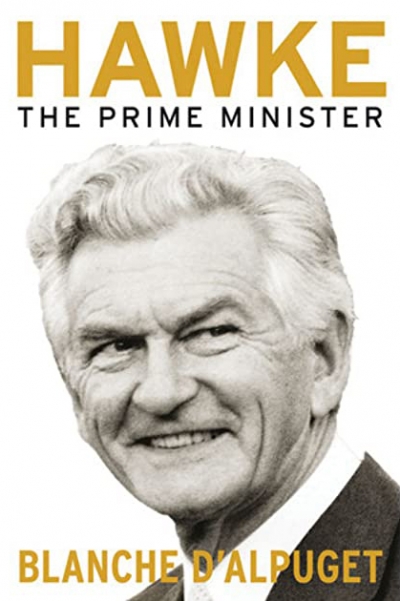Archive
The Well in the Shadow: A writer’s journey through Australian literature by Chester Eagle
by Christina Hill •
Transnational Literature, Volume 2, Issue 2 edited by Ioana Petrescu
by Patrick Allington •
Carnival Edge: New and selected poems by Katherine Gallagher
by Susan Lever •
''Tirra Lirra' and Beyond - Jessica Anderson’s truthful fictions' by Susan Sheridan
by Susan Sheridan •
‘Everyone I talk to remembers Tirra Lirra by the River as a wonderful book, sometimes even as a life-changing one. But why don’t we hear anything about it today?’ This was a young journalist who ... ... (read more)
Detritus: Addressing Culture and the Arts by Robyn Archer
by Alison Broinowski •









